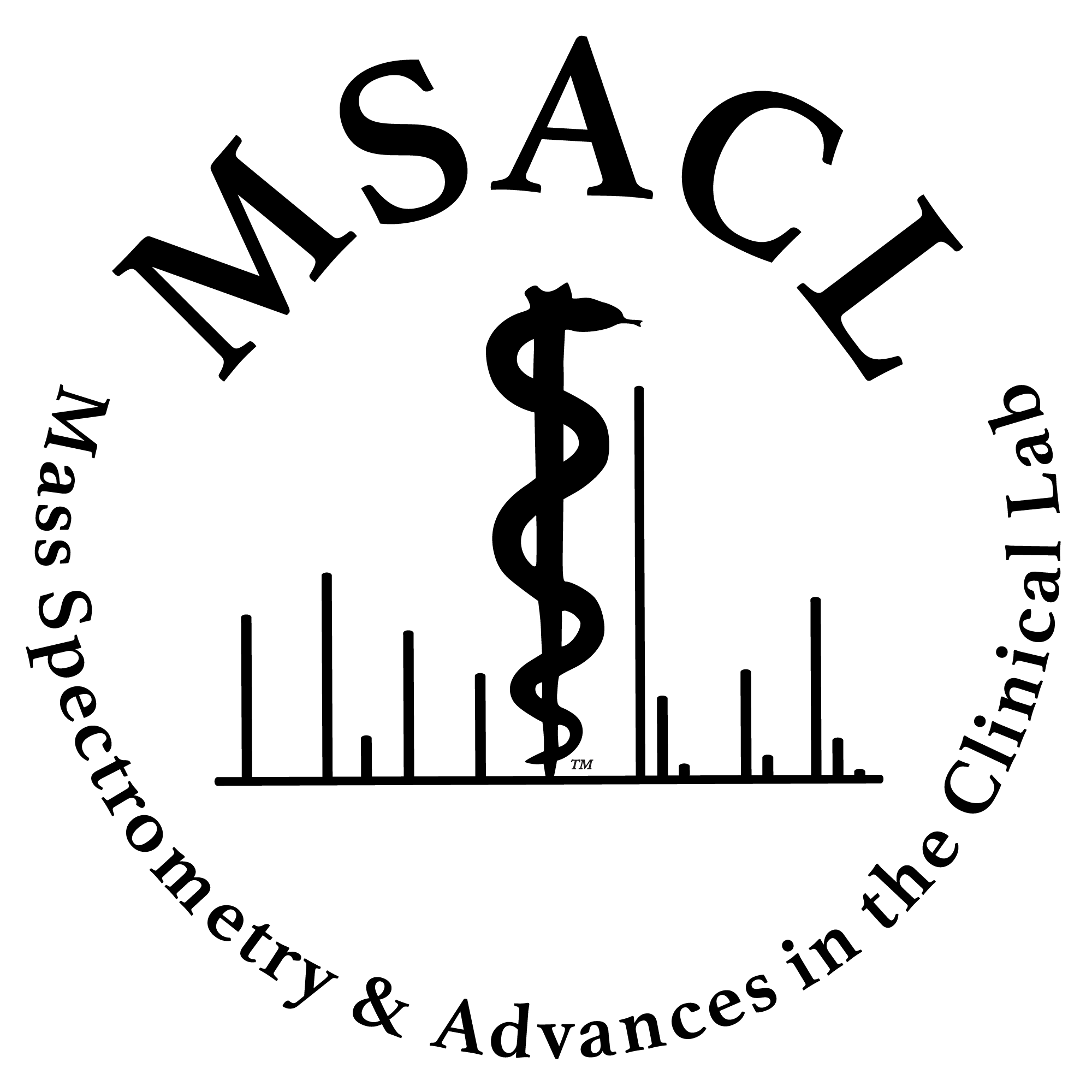 Providing In Vivo Tissue Sensing Capabilities to Surgeons with the MasSpec Pen: Challenges and Opportunities Providing In Vivo Tissue Sensing Capabilities to Surgeons with the MasSpec Pen: Challenges and Opportunities

|
Livia Eberlin, PhD (Presenter)
Baylor College of Medicine |
|
Presenter Bio: Dr. Eberlin received a bachelor’s in chemistry from the State University of Campinas in Sao Paulo, Brazil, and a Ph.D. in analytical chemistry from Purdue University. She went on to complete a research fellowship in the Department of Chemistry at Stanford University in California. Prior to joining Baylor College of Medicine, Dr. Eberlin was an assistant professor in the Departments of Chemistry, Oncology and Diagnostic Medicine at The University of Texas at Austin.
Dr. Eberlin and her research team are the recipients of many honors and awards for their scientific research, including a NIH/NCI K99/R00 Pathway to Independence Award, a Forbes 30 under 30 listing in the Healthcare category, a Moore Inventor Fellowship, and a MacArthur Fellowship in 2018. Her research group is funded by grants from the NIH, CPRIT and other research foundations. Additionally, Dr. Eberlin has published more than 80 peer-reviewed research articles in top-rated journals such as PNAS, Science Translational Medicine, Nature Communications, Cancer Research, and Clinical Chemistry.
Dr. Eberlin’s research program centers around the development and application of novel mass spectrometry technologies in health-related research, with a particular focus on disease detection and diagnosis to improve patient care and clinical outcomes. |

